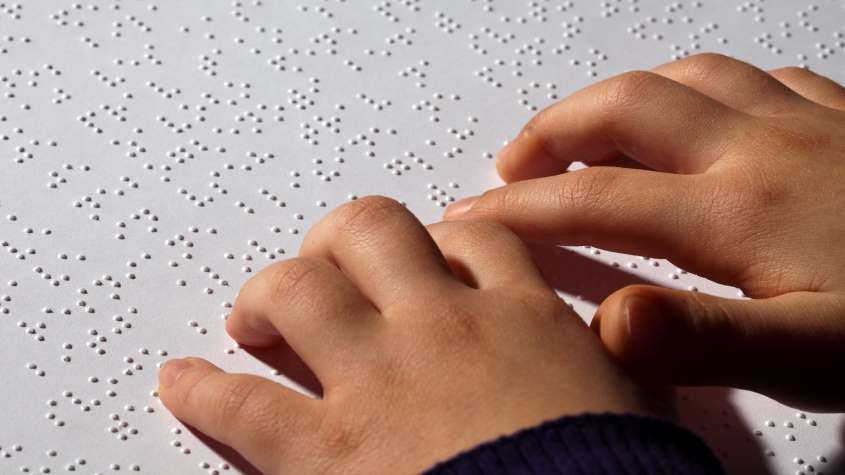Copyright
What is copyright?
- literary works such as novels, poems, plays, reference works, newspaper articles;
- computer programs, databases;
- films, musical compositions, and choreography;
- artistic works such as paintings, drawings, photographs, and sculpture;
- architecture; and
- advertisements, maps, and technical drawings.
- economic rights, which allow the rights owner to derive financial reward from the use of their works by others; and
- moral rights, which protect the non-economic interests of the author.
Most copyright laws state that the rights owner has the economic right to authorize or prevent certain uses in relation to a work or, in some cases, to receive remuneration for the use of their work (such as through collective management). The economic rights owner of a work can prohibit or authorize:
- its reproduction in various forms, such as printed publication or sound recording;
- its public performance, such as in a play or musical work;
- its recording, for example, in the form of compact discs or DVDs;
- its broadcasting, by radio, cable or satellite;
- its translation into other languages; and
- its adaptation, such as a novel into a film screenplay.
In the majority of countries, and according to the Berne Convention, copyright protection is obtained automatically without the need for registration or other formalities.
Please note that WIPO does not offer a copyright registration system or a searchable copyright database. Find out more about copyright registration and documentation systems.
Copyright topics and issues
Copyright touches our lives on a daily basis. Whether you read a book, watch a film, transfer music, or take a photo, copyright issues are ever-present. Explore copyright topics and issues.

IP and Sports

The Marrakesh Treaty

IP and Music
News
Copyright law and treaties
Copyright-related treaties administered by WIPO
- Beijing Treaty on Audiovisual Performances
- Berne Convention for the Protection of Literary and Artistic Works
- Brussels Convention Relating to the Distribution of Program-Carrying Signals Transmitted by Satellite
- Geneva Convention for the Protection of Producers of Phonograms Against Unauthorized Duplication of Their Phonograms
- Marrakesh Treaty to Facilitate Access to Published Works for Persons Who Are Blind, Visually Impaired, or Otherwise Print Disabled
- Rome Convention for the Protection of Performers, Producers of Phonograms and Broadcasting Organizations
- WIPO Copyright Treaty (WCT)
- WIPO Performances and Phonograms Treaty (WPPT)
WIPO Lex database
Standing Committee (SCCR)
Meetings and documents
WIPO initiatives
The Accessible Books Consortium (ABC) aims to increase the number of books worldwide in accessible formats – such as braille, audio and large print – and to make them available to people who are blind, have low vision or are otherwise print disabled.
Marrakesh VIP Treaty
The Marrakesh Treaty underpins the ABC’s work, making the production and international transfer of specially-adapted books for people with blindness or visual impairments easier.
Making a living in the creative industries
Collective management of copyright
Collective management is the exercise of copyright and related rights by organizations acting in the interest and on behalf of the owners of rights.









